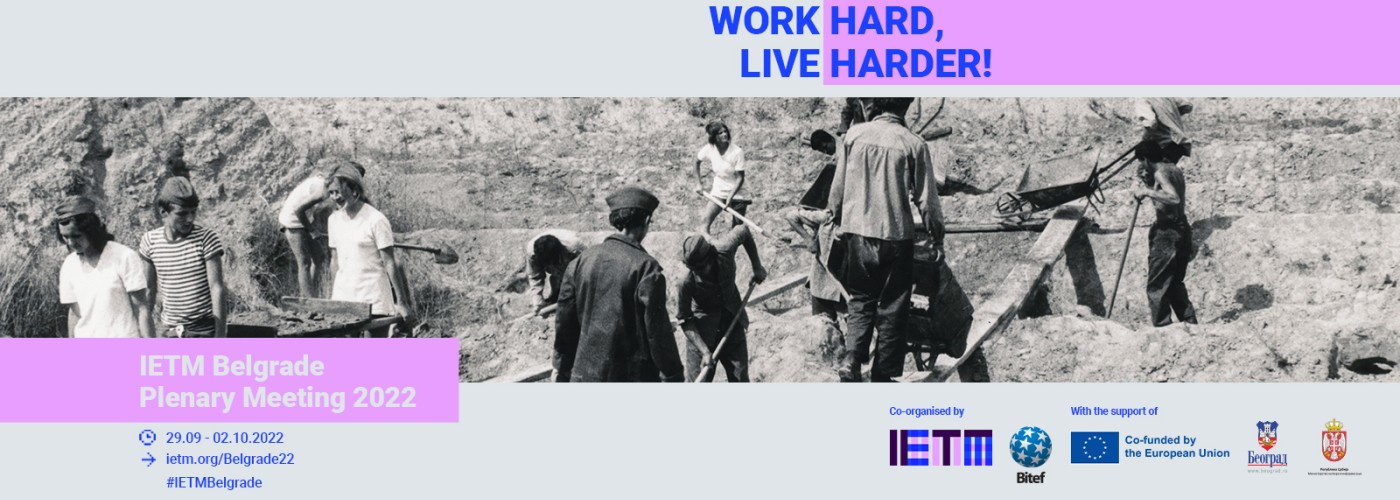Feminist Leadership
How can a position of power influence our ability to make changes? Are we ready to give up the position of power in order to create alternative models of management in culture, and how can feminist theories guide us into finding a new approach?
This report gives an overview of the session "Feminist Leadership", the topics raised and discussions with the panel and the audience.
A priceless price list
How do we charge for our work, and why are there no policies for the evaluation of artistic work in many countries?
Using examples from different local contexts, the session "A priceless price list" explored specific cases that artists have gathered through institutional or independent initiatives, in order to secure predictable and suitable financial conditions of work in the arts.
Art is not alone
What kind of struggles do art workers face in their everyday work? Why does artistic and cultural work often stay invisible and underpaid? Which are the possible alliances that can be formed to make these issues more visible and to improve the social position of art and cultural workers?
These are some of the main questions that the session "Art is not alone" has been dealing with.
Work & disability in the arts
Recent research in the sector has shown that there is a significant lack of awareness about what it means to work in the arts for professionals with disabilities. The session "Work & disability in the arts" tackled the notions of working conditions, including working with disabilities and the recognition of its unique artistic quality.
Work & (in)stability
This session gave a sense of perspective about the dominant feeling of instability in the cultural sector, through stories and data analyses coming from different regions of the world. It examined the consequences of the “project-based” cultural economy as well as the pressures and transformations that the latter has brought to the field of artistic production. The session also put forward a number of meaningful coping mechanisms for creating better working conditions, including keeping conversation open with policy makers and governments as well as artists’ movement and collective action.

